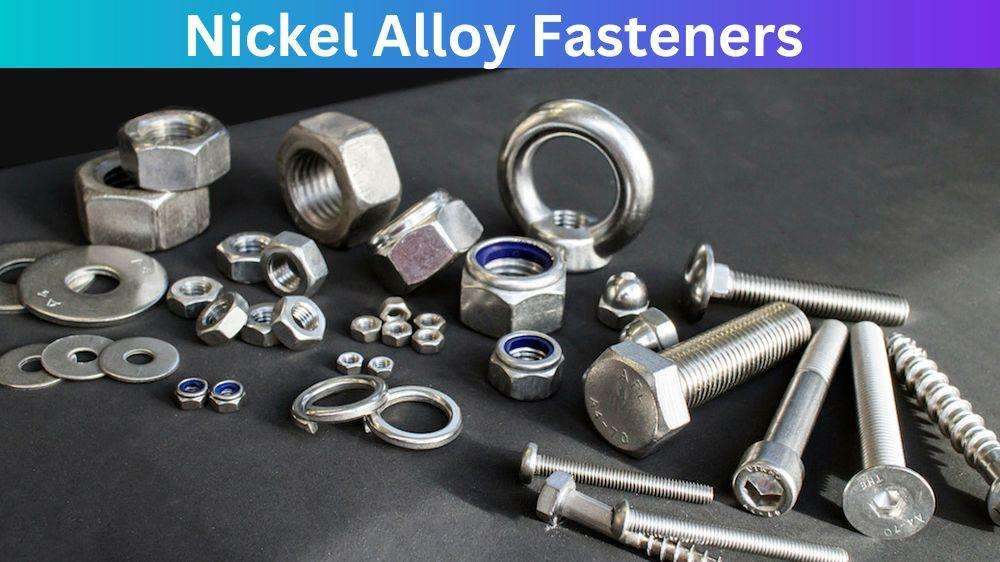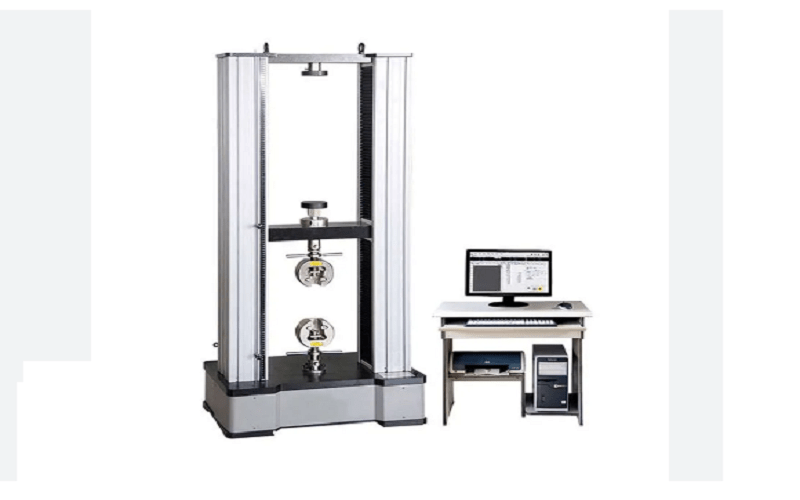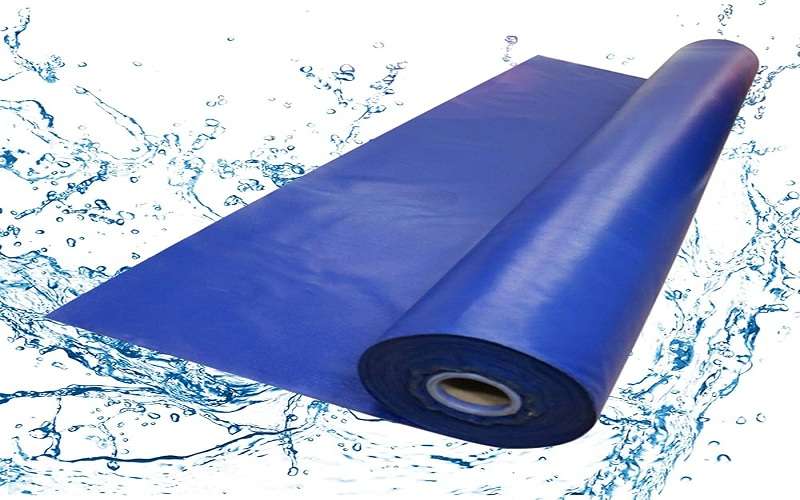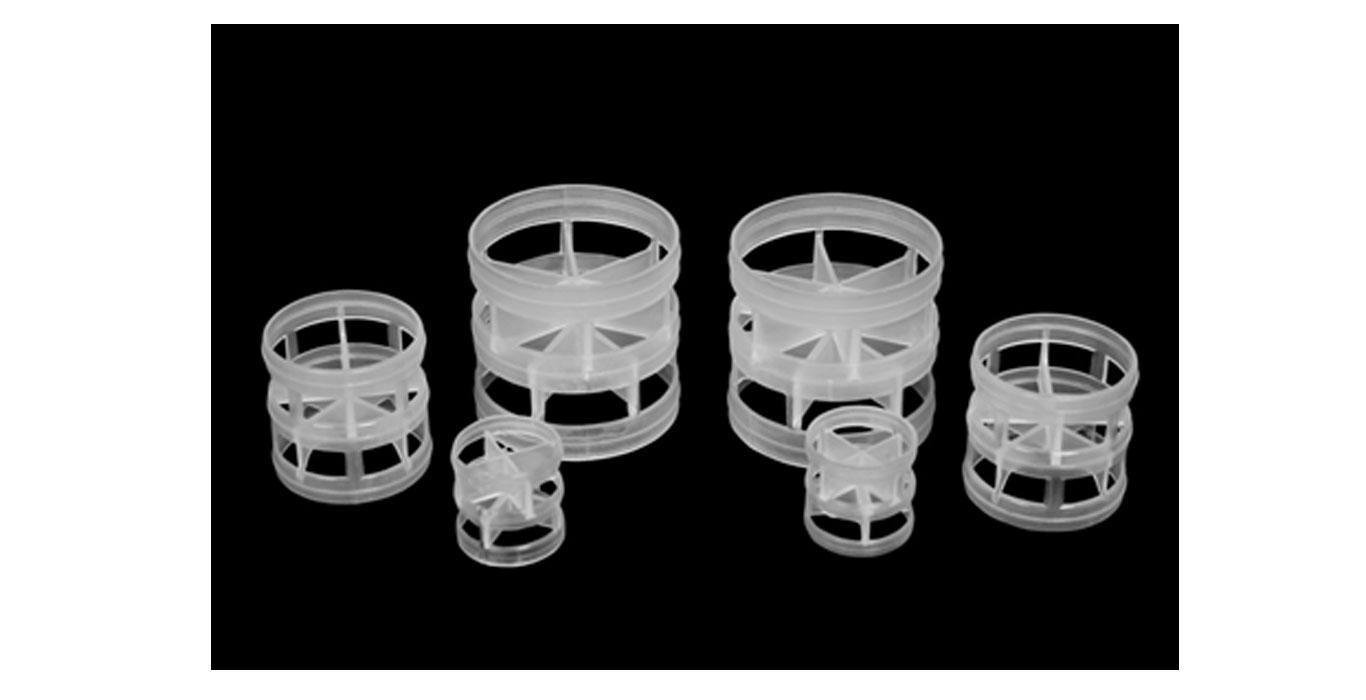Aerospace engineering is one of the most critical fields in engineering, where every detail matters. One of the most crucial components in this field is the fastener, which plays a significant role in the overall safety and performance of aircraft. Nickel alloy fasteners are popular in aerospace engineering due to their excellent mechanical properties and corrosion resistance. In this blog post, we’ll explore the common applications of nickel alloy fasteners in aerospace engineering.
What is Nickel Alloy Fasteners?
Nickel Alloy Fasteners are an essential component used for joining two components together. These fasteners have high corrosion resistance and strength due to using nickel alloys. The most popular nickel alloy fasteners are stainless steel, Monel, Hastelloy, Inconel, Incoloy and Waspalloy, which provide superior protection against harsh conditions like extreme temperatures, pressure or caustic elements like saltwater environments. When subjected to cyclic or repeated loads, nickel alloy fasteners also demonstrate excellent fatigue properties.
Applications of Nickel Alloy Fasteners in Aerospace Engineering
- High-Temperature Applications:
Nickel alloy fasteners are used in high-temperature applications in aerospace engineering because they have excellent strength retention at elevated temperatures. These fasteners can operate under extreme temperatures, making them suitable for use in environments such as jet engines, reaching temperatures up to 1,100°C. Nickel alloys like Nimonic, Inconel, and Waspaloy are commonly used in high-temperature applications in aerospace engineering.
- Corrosion Resistance:
Aircraft are subject to harsh environments that can cause corrosion, weakening and damaging the structure. Nickel alloy fasteners are highly resistant to corrosion and oxidation and are suitable for use in environments like the ocean and other applications where corrosion is risky. Because of their corrosion resistance, nickel alloy fasteners are used in critical applications such as landing gear, control surfaces, and fuel systems.
- Electrical Conductivity:
Nickel alloy fasteners have electrical conductivity properties, making them ideal for applications where electrical power distribution is necessary. Fasteners made from nickel alloys like Monel and Inconel are used in aerospace applications such as electrical connectors, necessary for powering various aircraft components, such as lighting systems, radios, and radar.
- Strength and Durability:
In addition to hardness and corrosion resistance, nickel alloy fasteners offer unparalleled strength and durability. These properties make them ideal for applications requiring high reliability and a long lifecycle, such as installing structural components or securing metal parts under stress or vibration.
- Weight Reduction:
Weight is a critical factor in aerospace engineering, as every gram of weight that can be saved results in fuel efficiency gains. Nickel alloy fasteners provide a high strength-to-weight ratio, which makes them a preferred option to save weight and improve fuel economy. Engineers and designers often utilize nickel alloy fasteners when approaching weight reduction projects for aircraft.
Properties of Nickel Alloy Fasteners:-
- Versatility
Nickel alloy fasteners are extremely versatile and can be used in various industries, including automotive, aerospace, marine, construction and energy production. They are available in various sizes, shapes and grades to meet the specific requirements of each application. Also, nickel alloy fasteners can be easily customized to meet customer needs.
- Cost-Effective
Nickel alloy fasteners offer great value for money compared to other materials due to their higher strength-to-weight ratio and longer service life. As they require less frequent replacement than other materials such as steel or aluminium, they offer significant cost savings over the long term. Additionally, they are easy to install and require minimal maintenance, reducing costs associated with installation and upkeep.
- Eco-Friendly
Unlike other materials, such as steel or aluminium, nickel alloy fasteners do not contain toxic substances that can harm the environment when disposed of improperly or released into the atmosphere during manufacturing processes. As a result, they are considered an eco-friendly option for many applications where environmental considerations are important.
- Non-Magnetic Properties
One of the unique properties of nickel alloy fasteners is that they are non-magnetic, which makes them ideal for use in applications where magnetic interference could cause problems, such as electronics or medical equipment. Their non-magnetic properties also make them suitable for use around sensitive instruments, such as those used in navigation systems or scientific research facilities where magnetic fields could disrupt operations.
Conclusion:
Nickel alloy fasteners have become popular in aerospace engineering for several reasons, including high-temperature resistance, corrosion resistance, electrical conductivity, strength, durability, and weight reduction. Aerospace designers and engineers use nickel alloy fasteners in applications like engine components, control surfaces, fuel systems, and other essential parts to ensure optimal performance, reliability, and safety. It is evident that nickel alloy fasteners play a crucial role in the aerospace industry and are relied on to withstand the most demanding environments. As we strive to make aviation more efficient, sustainable, and safer, nickel alloy fasteners will undoubtedly continue to be essential. To contact the best suppliers of Inconel 617 Pipes, you can visit this page.










